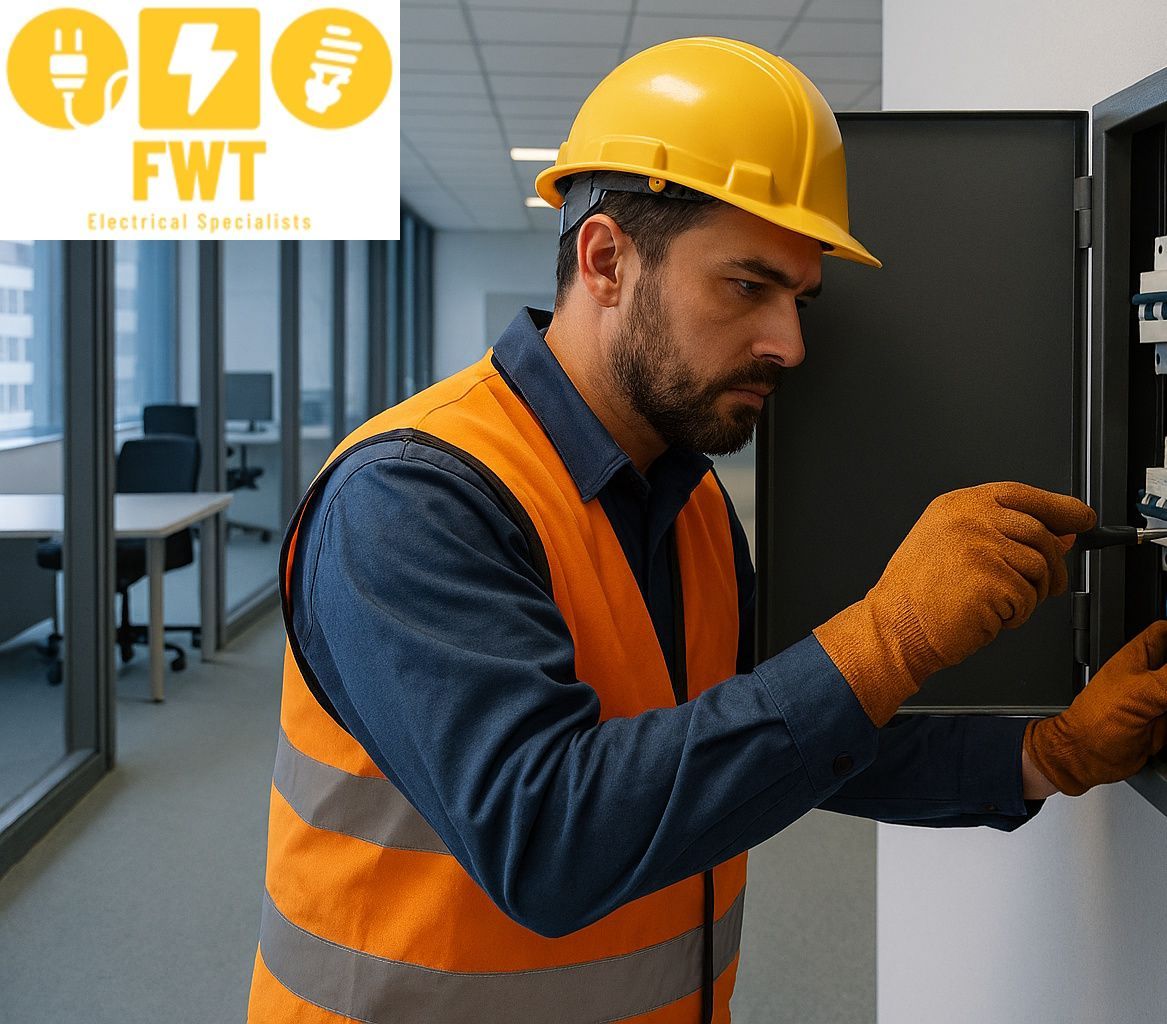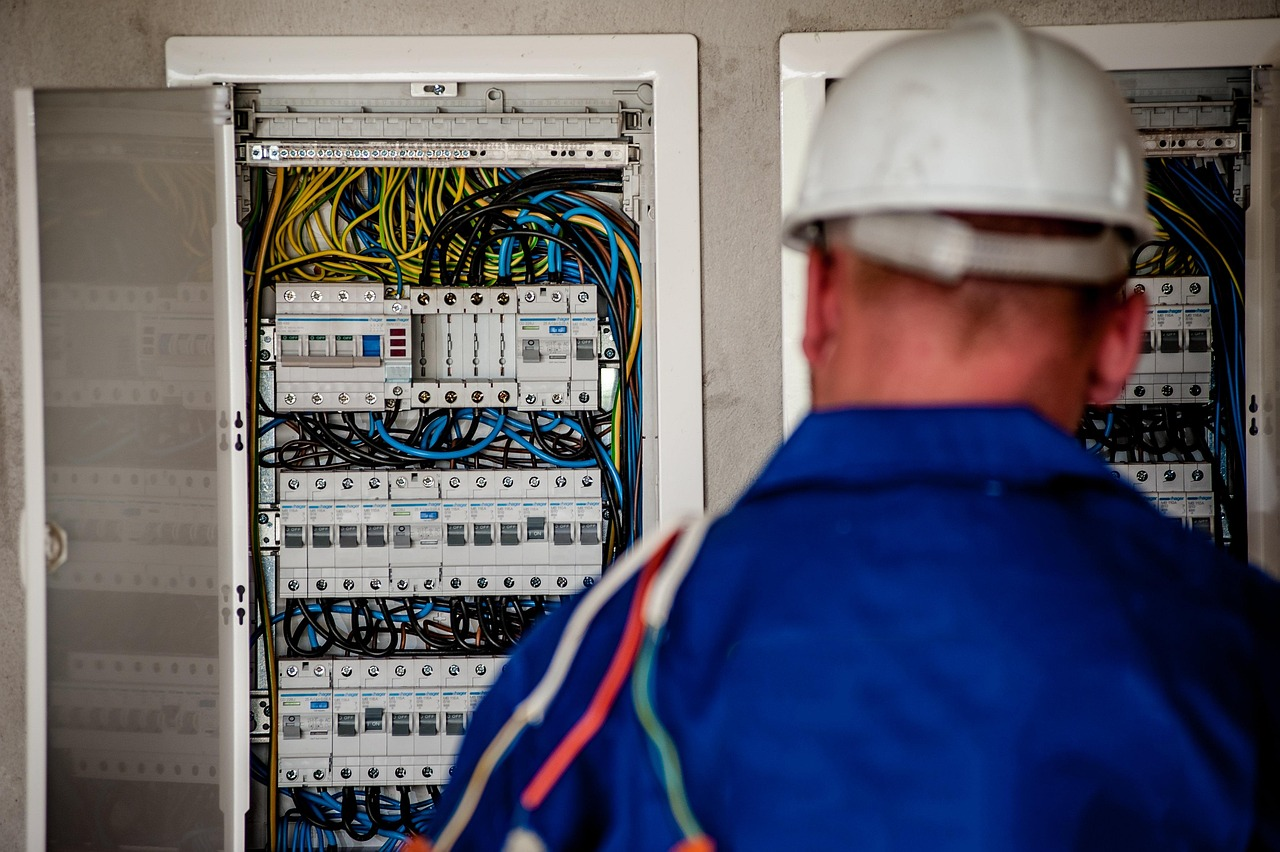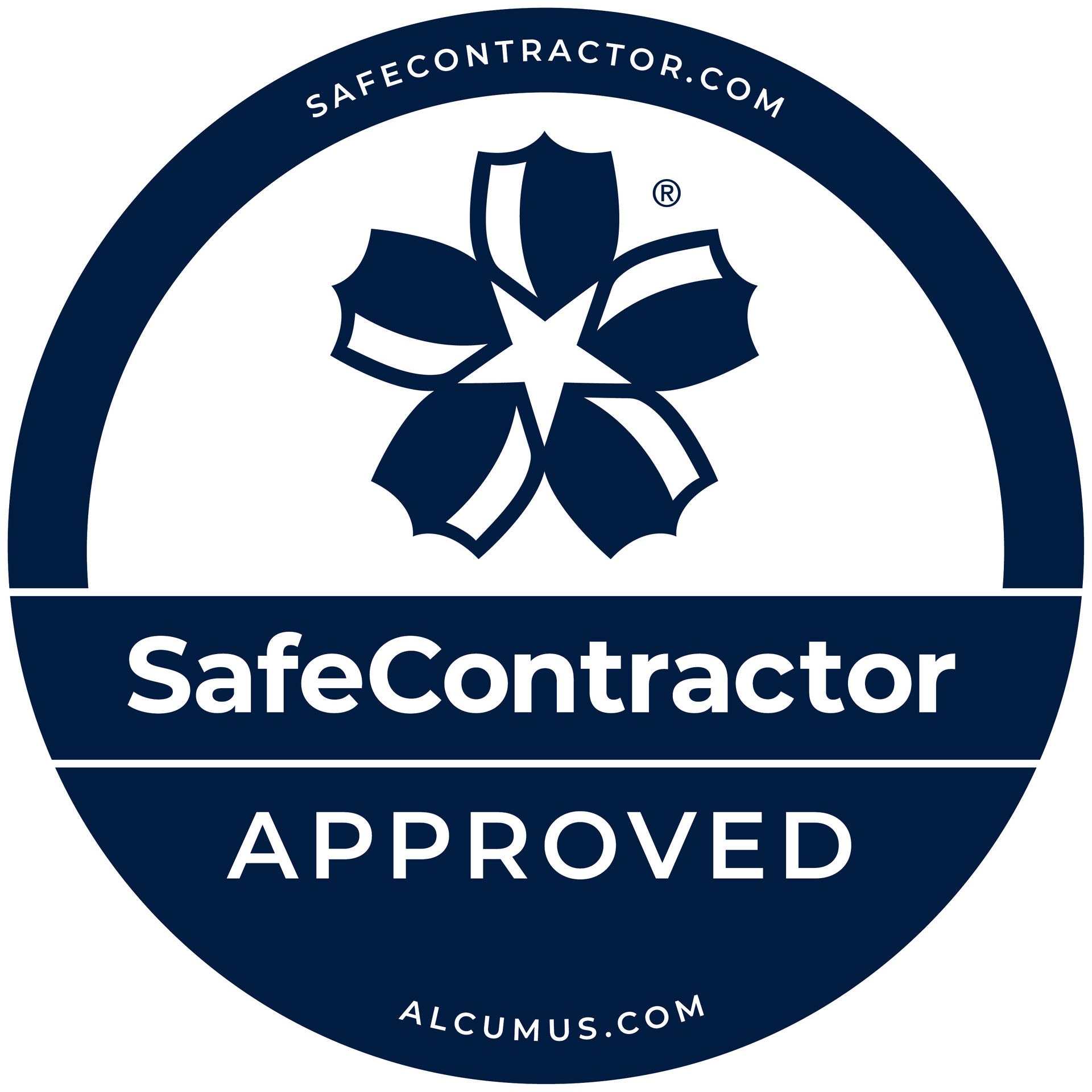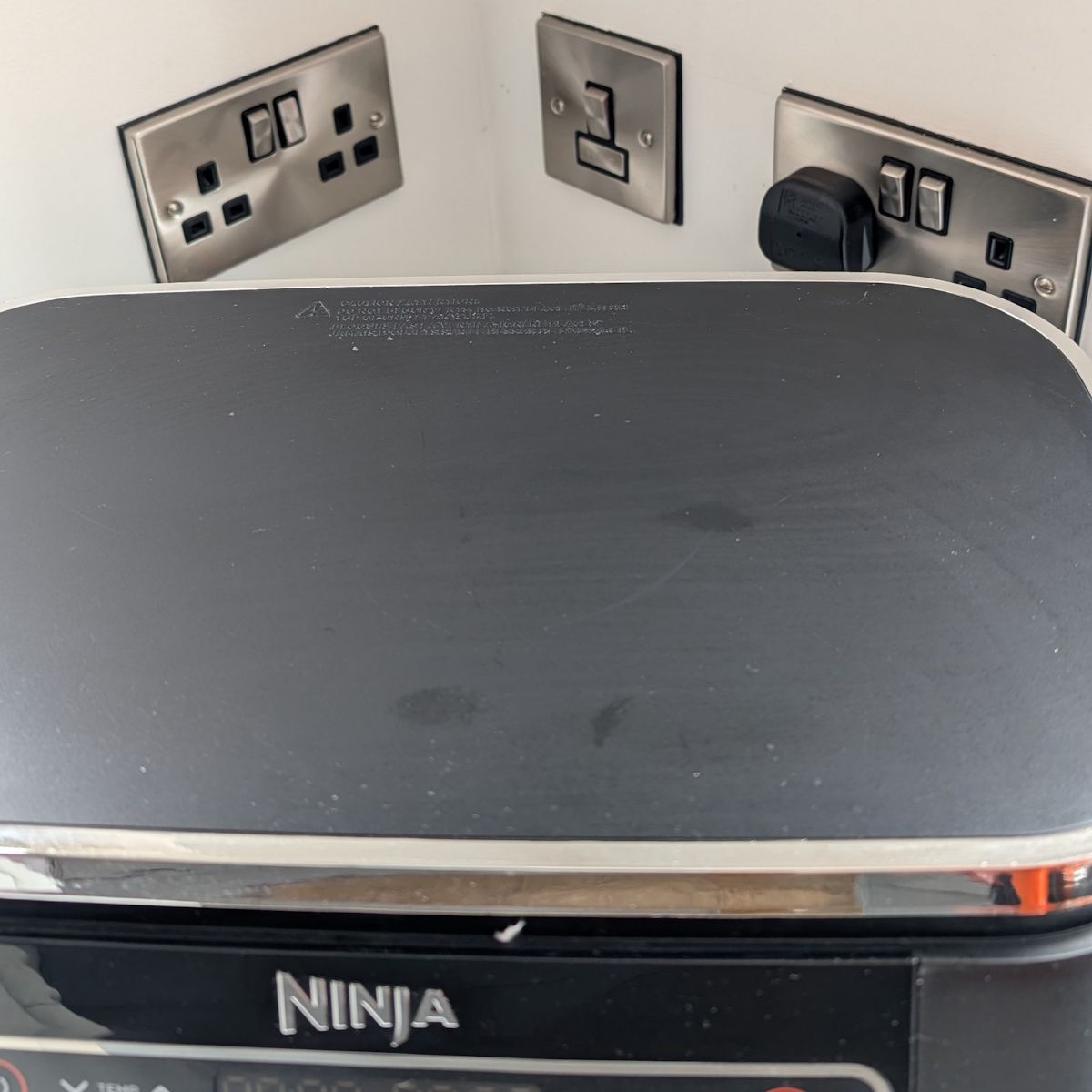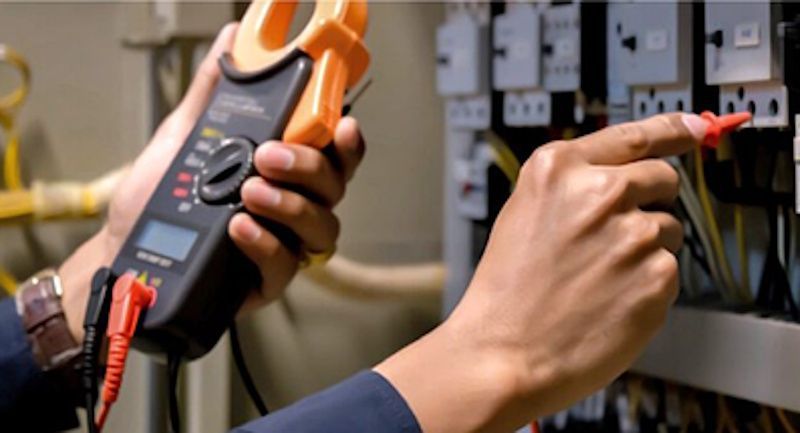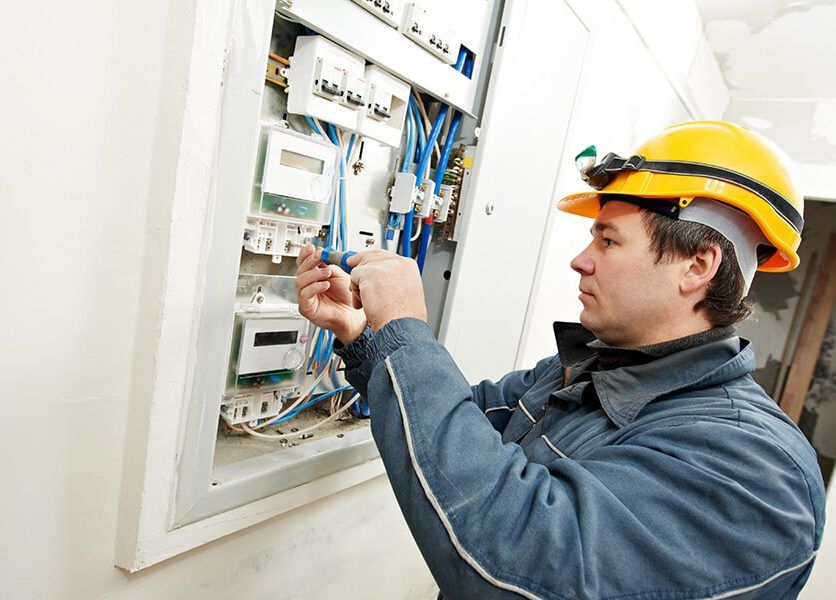What causes electric to trip?
Electrical Faults in Telford, Shropshire.
Understanding electrical safety in Telford and Shropshire
Electrical safety is something every home and business owner in Telford and Shropshire should take seriously. When your electricity trips, it’s a warning sign that something isn’t quite right. Understanding what causes electric to trip helps you respond safely, prevent damage, and keep your property protected.
In this article, we’ll explain the most common reasons your power might trip, how to recognise the warning signs, and what you can do to reduce the chances of it happening again.
What Is an Electrical Trip?
An electrical trip happens when a circuit breaker or residual current device (RCD) shuts off the power to prevent overheating, electric shocks, or even fires. This is a built-in safety feature designed to protect you and your electrical system.
Even with well-designed systems, tripping can still occur in homes across Telford and Shropshire, particularly in older properties or where electrical demand has increased.
Common Reasons Electricity Trips
1. Overloaded Circuits
One of the most common reasons for tripping is an overloaded circuit. This happens when too many appliances draw power from the same source. Running a kettle, cooker, and heater at the same time, for example, can overload the system.
To prevent this, spread out your appliance use across different sockets or circuits. If it continues to happen, your home may need an electrical upgrade to handle modern power demands.
2. Short Circuits
A short circuit occurs when live wires come into contact with neutral or earth wires. This can cause a sudden surge in current, which forces your breaker to trip immediately to prevent further damage.
Damaged cables, frayed wires, or faulty plugs are often to blame. If your power trips the moment something is turned on, it’s worth having it checked by a qualified electrician in Telford.
Faulty Appliances and Wiring
Sometimes the issue lies within a faulty appliance. A damaged cord, plug, or internal component can cause your system to trip. Likewise, worn-out wiring inside your walls can deteriorate over time and create hidden faults.
Regular electrical inspections can identify these issues early and keep your home or business safe. If your power cuts out after plugging in a particular device, that appliance is likely the cause and should be tested or replaced.
Moisture and Damp Conditions
Water and electricity never mix. In kitchens, bathrooms, or outdoor sockets, moisture can create a leakage path that trips your RCD.
This is especially common in rural Shropshire homes where outdoor electrics are exposed to the elements. Make sure sockets are properly sealed and protected, and always use RCDs in damp or outdoor areas.
Earth Leakage and Ground Faults
An earth leakage fault happens when electrical current escapes from its intended circuit, often through damaged insulation or faulty equipment. The RCD is designed to detect this and cut off power instantly to prevent electric shock.
If you experience regular RCD trips, particularly when using certain appliances, it’s important to get your system tested by a local electrician in Telford.
Environmental and Installation Factors
Over time, wiring and electrical components can wear out. High temperatures, humidity, or poor workmanship during installation can cause loose connections or corrosion. These issues can lead to intermittent tripping and potential safety risks.
If your property is more than 20 years old, it’s worth arranging an Electrical Installation Condition Report (EICR) to check that your wiring meets modern safety standards.
What To Do When Your Power Trips
If your power trips, take the following steps:
- Identify whether it’s the circuit breaker or RCD that has tripped.
- Unplug any devices that were running when it happened.
- Try resetting the breaker once you’re sure it’s safe.
- If the power trips again, call a professional electrician.
Never touch exposed wires or attempt DIY electrical repairs. If you notice a burning smell, sparks, or visible damage, switch off the power and contact emergency services immediately.
Keeping a note of when the trip occurs, and which appliances were in use, can help a professional diagnose the issue quickly.
How To Prevent Electrical Trips
Prevention is always better than cure. Here are some practical steps to reduce the risk of tripping:
- Book regular electrical inspections with a qualified electrician.
- Use correctly rated fuses and circuit breakers.
- Avoid overloading sockets or extension leads.
- Replace damaged cables and plugs promptly.
- Install RCD protection in bathrooms, kitchens, and outdoor areas.
Stay Safe With Fixed Wire Telford
Understanding what causes electric to trip can help you react calmly and take sensible precautions. But when in doubt, it’s always safest to call an expert.
At Fixed Wire Telford, we offer:
- Electrical inspections and testing (EICR)
- Fault finding and repairs
- RCD and circuit breaker replacements
- Domestic and commercial electrical services across Telford and Shropshire
If your power keeps tripping or you suspect a wiring issue, let us help.
Contact
Fixed Wire Telford
today for professional, reliable electrical services.
Call
01952 482886 or visit
www.fixedwiretelford.com to book your inspection or get a quote.
